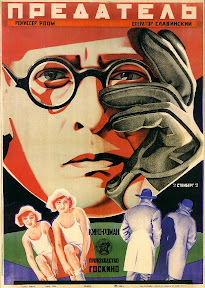Having completed my senior thesis, "Cyborgs, Posthumans, and New Techniques of Existence in the Age of Technoscience," I have found that I have less time than ever before. But soon that will all change, and I hope to expand this blog from a notebook into something more interesting and fruitful.
As the title of this blog still conveniently suggests, knowledge remains a large intellectual concern in my own thought processes; currently, I am interested in the ways in which we learn and experience the world through mediated sources as opposed to our sensorial being in the world.
My first question arises from differing practices of understanding and learning. An example comes to mind from my own life: I am trying to learn several foreign languages at the moment, as well as a computer-based language. For the cultural-linguistic languages, which are French and German (simultaneously!, or at least I'm making an attempt based on another assumption that I won't detail here), I have acquired a program called The Rosetta Stone. The Rosetta Stone is supposed to be a great, visually-oriented program that immerses the user in the language without "teaching" it in the strict sense. There are, for example, no conjugation charts or proper grammatical lessons that I have found thus far.
I still can't speak French or German, but my understanding of basic vocabulary and some elementary verbs has improved -- and improved far better than reading a beginners book on the language. The glaringly obvious problem with the program is that the immersion is one sided and digital, not heterogeneous and "actual". This is not so much a complaint as an observation -- I can't very well go to France or Germany at the moment, I understand that I'll need more language classes later, and so the program actually becomes the most progressive step toward these future endeavors because I'll have some basic understandings but no strictly formal education.
The idea here, and the one I find the most interesting, is the becoming-childlike that the language program has sparked within me; I hold to the belief that the ever-wide eyes of the child occur because it is always amazing at the surroundings and stimuli its taking in. The trick, for me, is to become-childlike in any endeavor, but with the abilities and sensibilities of someone much older. (I'm reminded of the film "Unknown White Male" at this moment that, though perhaps a hoax and surely a bit overdone, brings up this idea nicely.)
My experience with the program speaks to my understanding of experience-in-the-world as extremely important, but also the advantage of knowledge/memory (in this case, the program and its presentation of a language to be learned) that technology enables us.
Saturday, July 28, 2007
Subscribe to:
Post Comments (Atom)


No comments:
Post a Comment